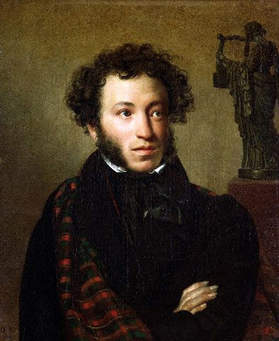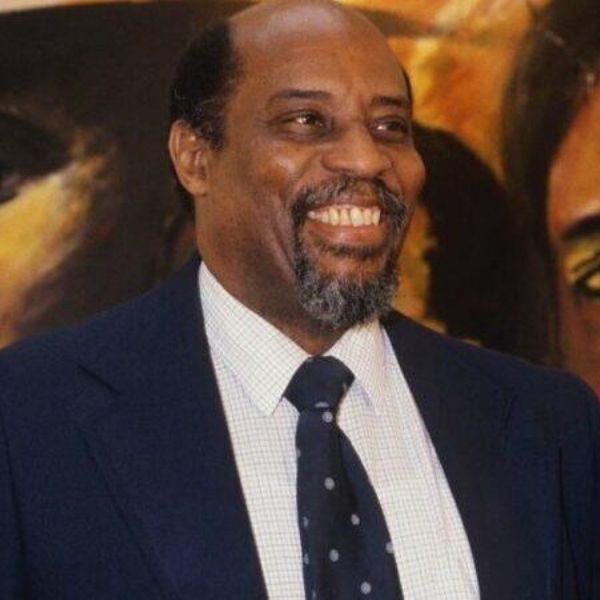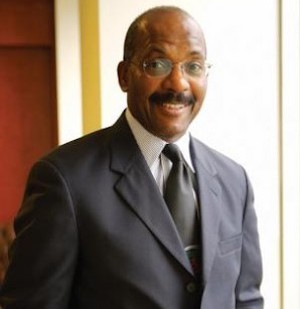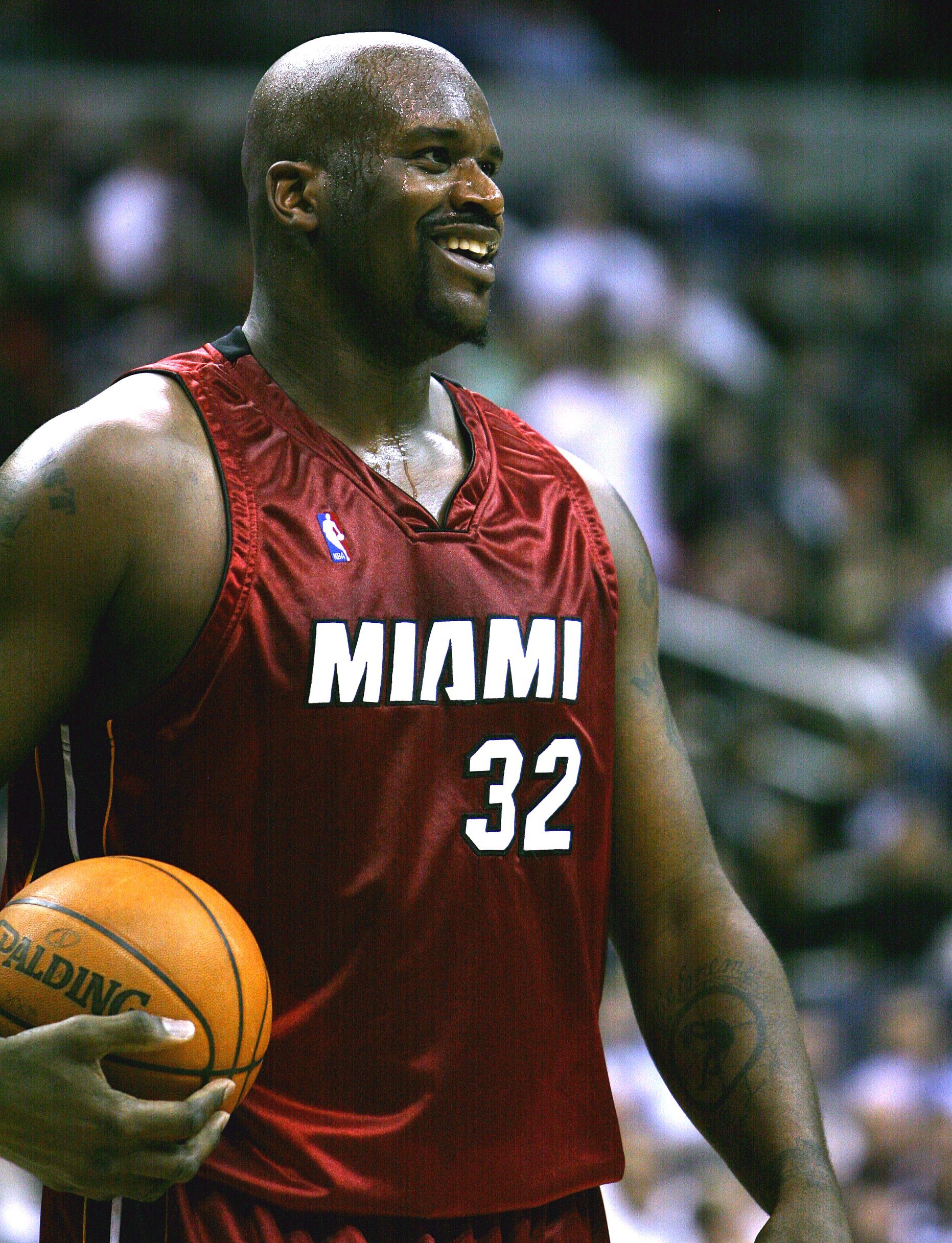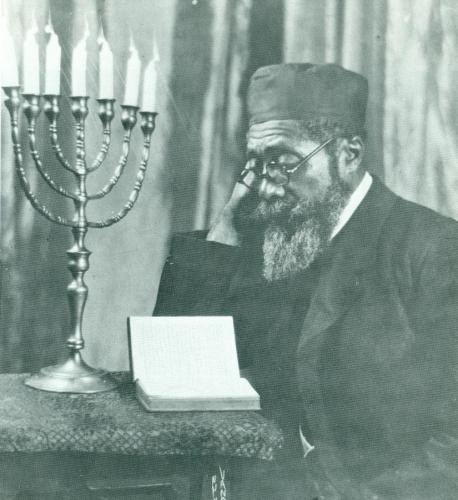Black Entertainment Television (BET) is a Viacom-owned cable network based in Washington, D.C. The cable channel is viewed in more than 90 million homes worldwide. As of 2010 it was the most prominent television network targeting young Black American audiences and was the leading provider of Black American cultural and entertainment based programming.
The network first aired on January 25, 1980. Its founder, Robert L. Johnson, was a former lobbyist for the cable television industry in the late 1970s. In that capacity, Johnson quickly recognized the dearth of television programming designed for the African American public and created BET to reach that demographic audience.
BET premiered in 1980 modestly as a channel that ran two hours of weekly programming in select east coast cities. By the end of the year it extended its viewership throughout North America and the Caribbean and expanded programming to 24 hours of news and entertainment. Most of its early entertainment consisted of music videos, reruns of old Black situation comedies and some original programs. The company lost money during its first several years but began to turn profitable by the mid 1980s. It also initiated changes in its format. BET by 1985 began to diversify its programming, adding politically-oriented news programs, comedy showcases, talk shows and sports features.
In 1988 BET News was launched with Ed Gordon serving as the anchor of the first half hour news program directed toward an African American audience. Gordon also served as host of a number of other programs and specials for BET, most notably a candid, in-depth interview in 1996 with former Heisman trophy winner and Hall of Fame football player Orenthal (O.J.) Simpson, who recently had been acquitted of murdering his wife. It was also during this year that BET Talk (later BET Tonight) debuted with Tavis Smiley.
The channel continued to flourish in the late 1990s with several news programs including Our Voices and Lead Story. However by 2002, as part of a restructuring, management switched its focus to entertainment programs primarily airing rap videos while eliminating its news staff and cancelling all of its news programs except BET Nightly News anchored by Jacque Reid and Michelle Miller. That program was cancelled in 2005. Later that year BET was sold to Viacom for $3 billion dollars.
Although popular with a vast Black audience, BET faced a variety of prominent African Americans critics such as syndicated columnist George Curry, cartoonist and television producer Aaron McGruder, movie director Spike Lee, and former Syracuse University professor Boyce Watkins. These critics and others denounced BET’s programming, claiming it promoted blatant sexism and anti-intellectualism. They also charged that featuring rap and hip hop-oriented programming along with comedy programs either intentionally or inadvertently promoted anti-Black stereotypes. While BET founder Richard Johnson and Viacom executives claimed they were providing the programming the market demanded, the criticism continued. In 2008 a number of prominent Black ministers publicly protested BET programming choices outside the network’s headquarters in Washington, D.C.
One program however continues to be popular with critics and supporters of the network. Since 2001 BET has aired the BET Awards program that celebrates the achievements of African Americans in music, acting, sports and other fields of entertainment. This program draws by far the highest ratings and the best reviews of the network’s offerings.




